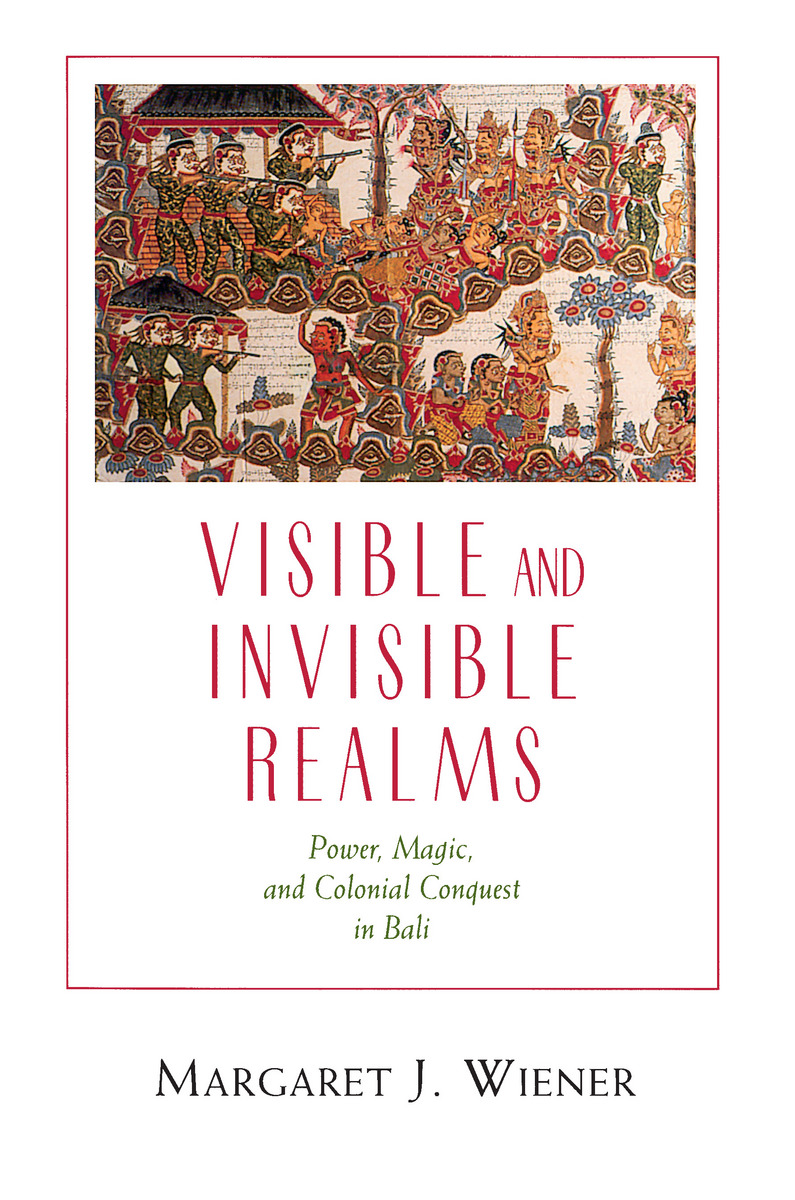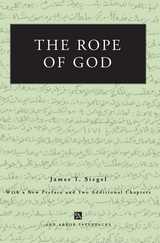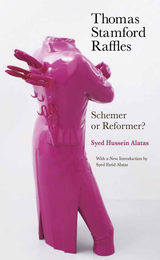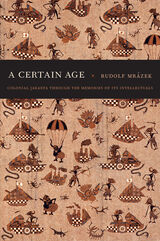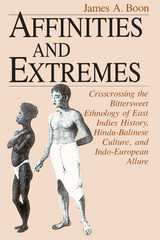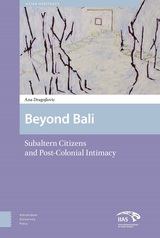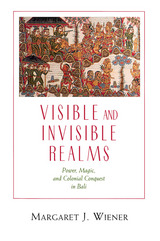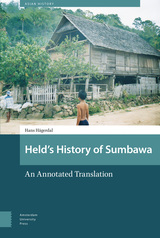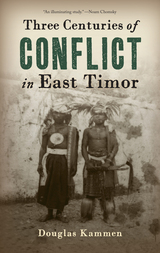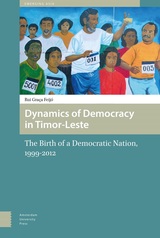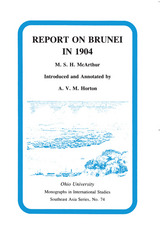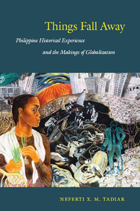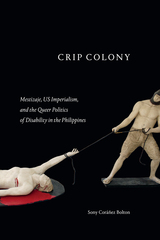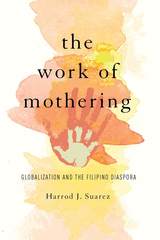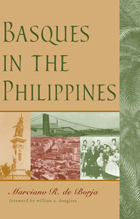Visible and Invisible Realms: Power, Magic, and Colonial Conquest in Bali
University of Chicago Press, 1995
Cloth: 978-0-226-88580-3 | Paper: 978-0-226-88582-7
Library of Congress Classification DS647.B2W48 1995
Dewey Decimal Classification 959.86
Cloth: 978-0-226-88580-3 | Paper: 978-0-226-88582-7
Library of Congress Classification DS647.B2W48 1995
Dewey Decimal Classification 959.86
ABOUT THIS BOOK | TOC | REQUEST ACCESSIBLE FILE
ABOUT THIS BOOK
In 1908, the ruler of the Balinese realm of Klungkung and more than 100 members of his family and court were massacred when they marched deliberately into the fire of the Dutch colonial army. The question of what their action meant and its continued significance in contemporary Klungkung forms the basis of Margaret Wiener's complex anthropolological history.
Wiener challenges colonial and academic claims that Klungkung had no "real" power and argues that such claims enabled colonial domination. By focusing on Balinese discourses she makes clear the choices open to Balinese, both at the time of the Dutch conquest and in its narration. At the same time, she shows how these discourses, which revolve around magical weapons acquired from invisible agents such as gods, spirits, and ancestors, offer an alternative understanding of Klungkung's power.
Moving between Balinese and Dutch narratives and between past and present, Wiener critiques colonial accounts by recounting Balinese memories and interpretations. Her attention to history and local situations illuminates the ways in which colonialism and orientalist scholarship have obscured the power of indigenous rulers and shows how Klungkung, once Bali's paramount realm, was relegated to a peripheral corner of the Indonesian nation-state. Both as a fascinating story and as a rich example of interdisciplinary scholarship, this book will interest students of colonialism, anthropology, history, religion, and Southeast Asia.
Wiener challenges colonial and academic claims that Klungkung had no "real" power and argues that such claims enabled colonial domination. By focusing on Balinese discourses she makes clear the choices open to Balinese, both at the time of the Dutch conquest and in its narration. At the same time, she shows how these discourses, which revolve around magical weapons acquired from invisible agents such as gods, spirits, and ancestors, offer an alternative understanding of Klungkung's power.
Moving between Balinese and Dutch narratives and between past and present, Wiener critiques colonial accounts by recounting Balinese memories and interpretations. Her attention to history and local situations illuminates the ways in which colonialism and orientalist scholarship have obscured the power of indigenous rulers and shows how Klungkung, once Bali's paramount realm, was relegated to a peripheral corner of the Indonesian nation-state. Both as a fascinating story and as a rich example of interdisciplinary scholarship, this book will interest students of colonialism, anthropology, history, religion, and Southeast Asia.
See other books on: Bali | Bali Island (Indonesia) | Power | Southeast Asia | Visible
See other titles from University of Chicago Press
